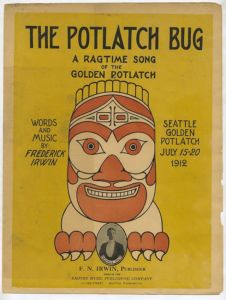3,644 words
This is the second part of the notes for a lecture entitled “The Conquest of Nature: Ayn Rand,” from October 1999. This was the seventh lecture of an eight-lecture course called “The Pursuit of Happiness,” delivered to my adult education group, The Invisible College, in Atlanta.
Ayn Rand wasn’t always an advocate of laissez-faire capitalism. Indeed, the early Ayn Rand was a Nietzschean with an aristocratic disdain for commercial society. (more…)










